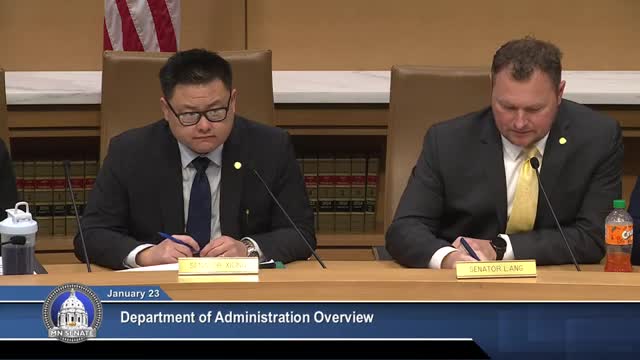Article not found
This article is no longer available. But don't worry—we've gathered other articles that discuss the same topic.
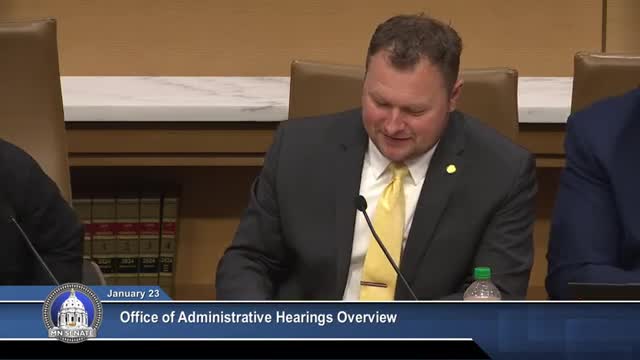
Committee staff reviews jurisdictions: rulemaking, agency creation and local government items fall under state and local government committee
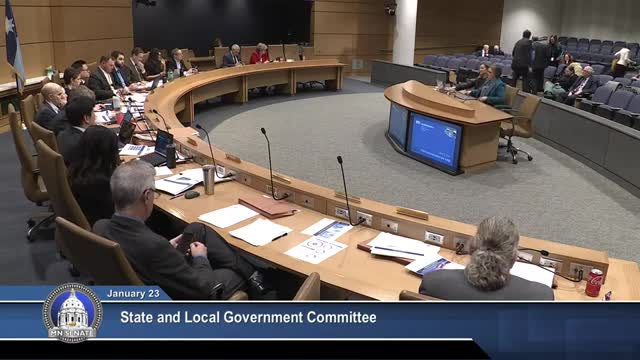
Office of Administrative Hearings defends central-panel model, highlights contested-case workload and public hearings
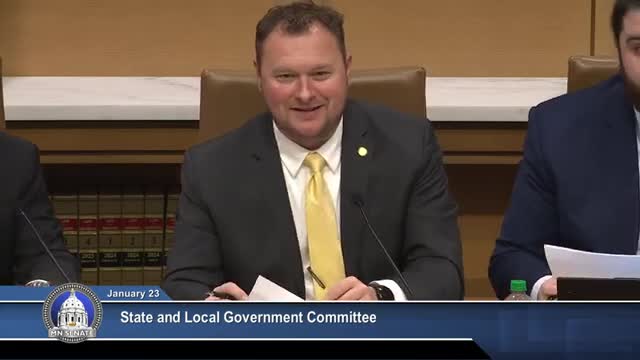
Revenue commissioner defends telework model as collections and efficiency metrics rise
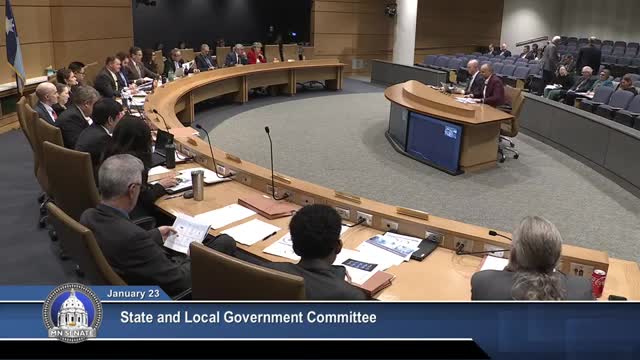
Minnesota IT Services highlights cybersecurity gains and warns of AI risks; committee asks about recent data breach probe
